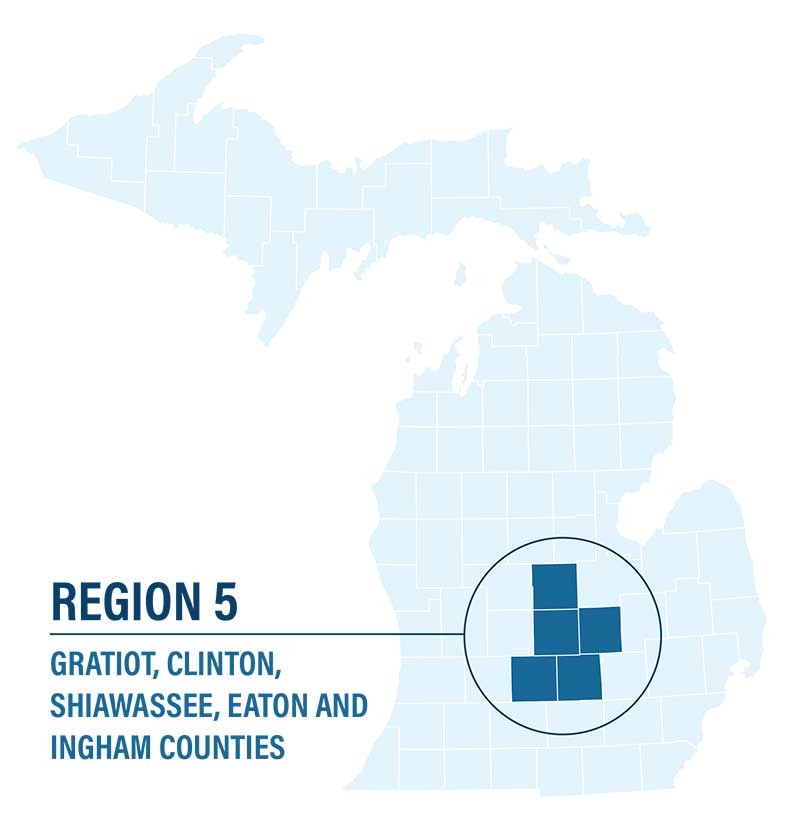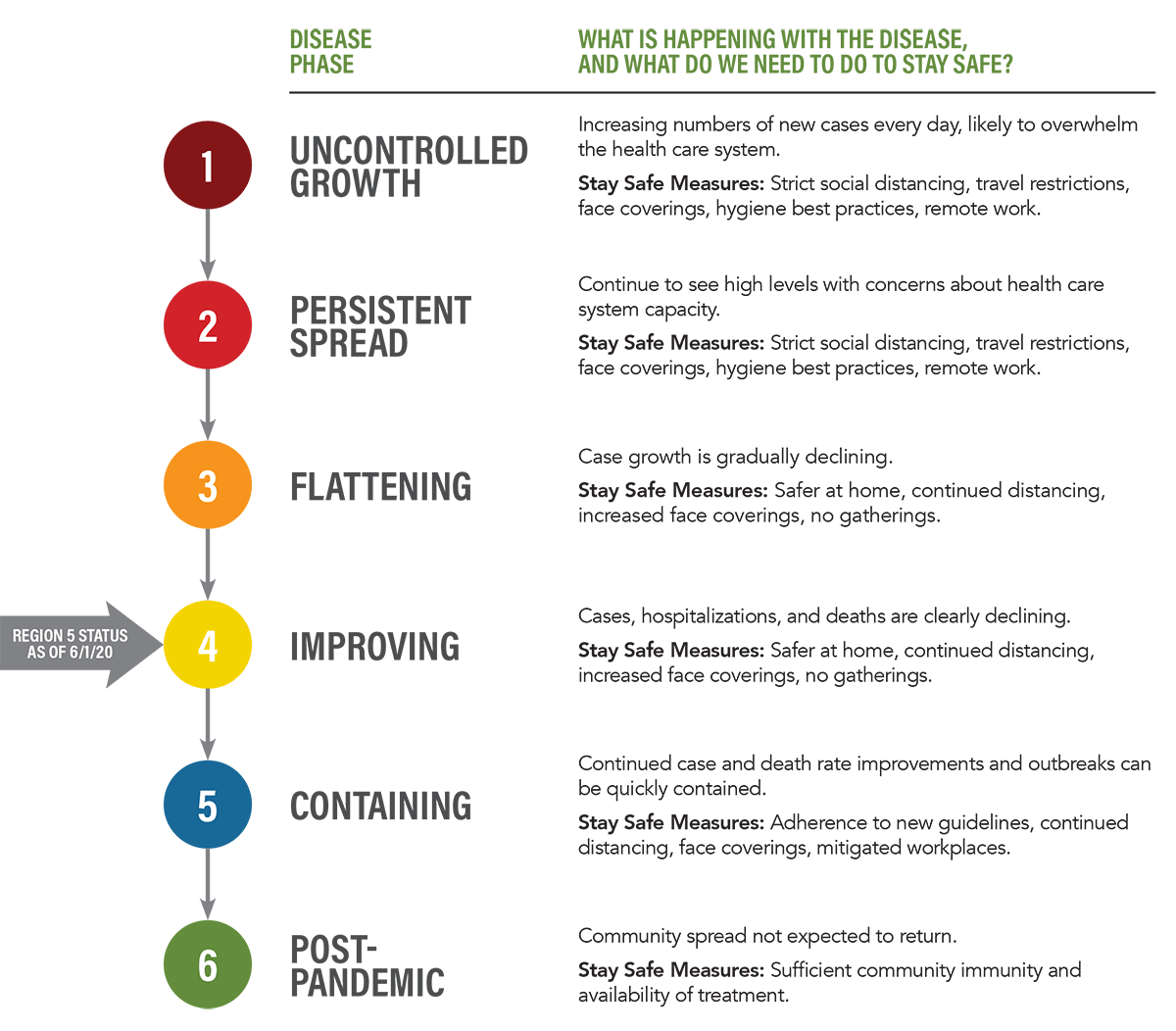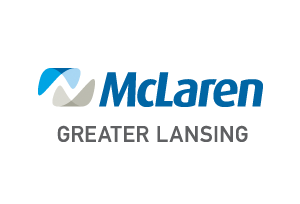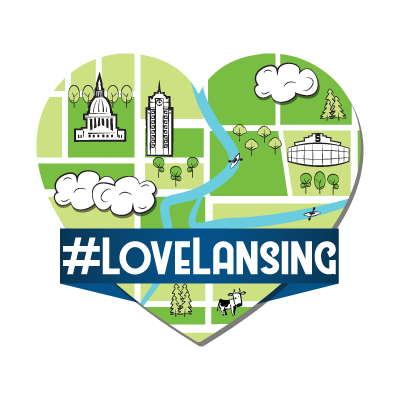Welcome
The COVID-19 pandemic has created a new norm for us and how we conduct business. We are navigating challenging times and unknown landscapes, and understanding the magnitude of the crisis related to our families, friends, neighbors, colleagues, and community.
The Greater Lansing economy’s diverse nature reflects the strong partnerships that have helped our region effectively manage the pandemic. As we enter a post-COVID-19 economy, we must be diligent in taking necessary precautions to provide a safe and healthy workplace for employees, and a place of business for customers, the community, and visitors. Business, government, education, and community leaders must continue to work together to find a balance that incorporates safety and economic opportunity so our region can continue to prosper as we successfully reopen and sustain economic growth and resiliency.
We thank you for your support as we continue to navigate these unprecedented times together. We will preserve and be stronger as we lead the region into a successful transition, which will transpire the return of a thriving, robust regional economy.
Thank you to our collaborators
Lansing Region’s Response to COVID-19
The RELAUNCH Greater Lansing: Economic Rehabilitation Task Force consists of prominent and trusted leaders in business, government, healthcare, and education who are dedicated to creating a successful regional relaunch strategy for Greater Lansing. This task force was carefully and strategically assembled to provide guidance as we determine the best, most effective way to move forward. To-date, the task force has provided a resource guide to serve as a blueprint for restarting business operations, and ensured proper health protocols are in place to reestablish employee and consumer confidence in restoring business operations and build economic resiliency.
Governor Gretchen Whitmer’s MI Safe Start Plan is focused on reengaging Michigan’s economy by a regional, phased-in approach. Under the Governor’s plan, Greater Lansing is part of Region 5, which includes Ingham, Eaton, Clinton, Gratiot, and Shiawassee counties.
Task Force Goals and Objectives
- Work closely with the state to provide and communicate the necessary guidelines to support employers throughout the region.
- Develop a comprehensive strategy for industries within the Greater Lansing region to reopen business safely and successfully.
- Collaborate with business and education leaders to find a balance that incorporates safety and economic opportunity so the region can continue to prosper, and our children’s future remains bright.
As we begin to reopen certain aspects of our regional economy, now is the time to remain diligent in taking the necessary precautions to provide a safe and healthy work environment for employees, customers, and the community. We are confident the RELAUNCH Greater Lansing Task Force will thoughtfully lead the region into a successful transition, which will transpire into the return of a thriving, robust regional economy.

MI Safe Start Plan
Governor Gretchen Whitmer’s MI Safe Start Plan outlines how the state will begin to reengage while keeping our communities safe. Reengagement will happen in phases. Those businesses that are necessary to protect and sustain life are already open. As we move into lower-risk phases, additional business categories will reopen, and the restrictions on public gatherings and social interactions will ease. In Governor Whitmer’s MI Safe Start Plan, the state evaluates where each of its regions is across six phases of this epidemic.

Moving from Crisis to Recovery
As your organization reviews the landscape and begins to contemplate reopening, there are many resources available to help. At a minimum, you’ll need to follow these major action steps:
Additional Reopening Resources
Operational Toolkit
This toolkit helps businesses reopening or expanding operations to determine risks of transmission and how to reduce them.
Path Forward
A document designed to help business leaders find the answers they need to develop a responsible reopening strategy.
The Restart
A website that provides eight actions CEOs can take to ensure a safe and successful relaunch of economic activity.
Customizable Flyer
Customize this flyer to inform employees and customers about the steps taken to protect against the spread of COVID-19.
What Does a Smart Relaunch Look Like?
A successful relaunch in the Greater Lansing region will balance the needs of employers, employees, residents, and visitors by:
A successful relaunch will capitalize on our region’s unique strengths, and work to ensure dollars are spent at local businesses and kept in the local economy. As our region goes back to work, flexibility and forethought will be critical. Organizations will need to plan carefully and be prepared to capitalize on the new opportunities and challenges ahead. Displaced workers will need new training and entrepreneurial resources to advance toward a brighter future. Together, we will pursue a common purpose: a robust mid-Michigan economy that is built to last.
Ways to Support Local Businesses While Social Distancing
Connecting with Employees, Customers and Community
A smart relaunch of the Lansing region’s economy accommodates the needs and perceptions of employees, customers, and the community. As local businesses, schools, and community organizations reopen, it will be vital to listen to key stakeholders’ concerns and communicate any changes.
Management, communication, and safety resources are available to help organizations move forward — along with the hands-on help and consultation needed to use them effectively.
Relaunch Greater Lansing Task Force Members
Greater Lansing Safe Pledge
Need help making sure your place of business is safe for your employees and customers? Head to the Guidelines and Resources Tab.

































